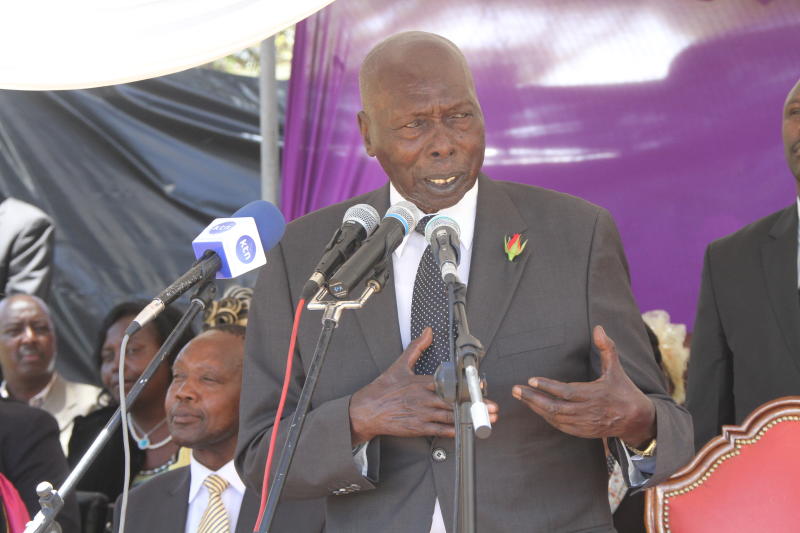×
The Standard e-Paper
Stay Informed, Even Offline

Former President Daniel Toroitich Arap Moi [Kipsang Joseph, Standard]
Today marks the second anniversary since the death of Kenya’s second President Daniel arap Moi.